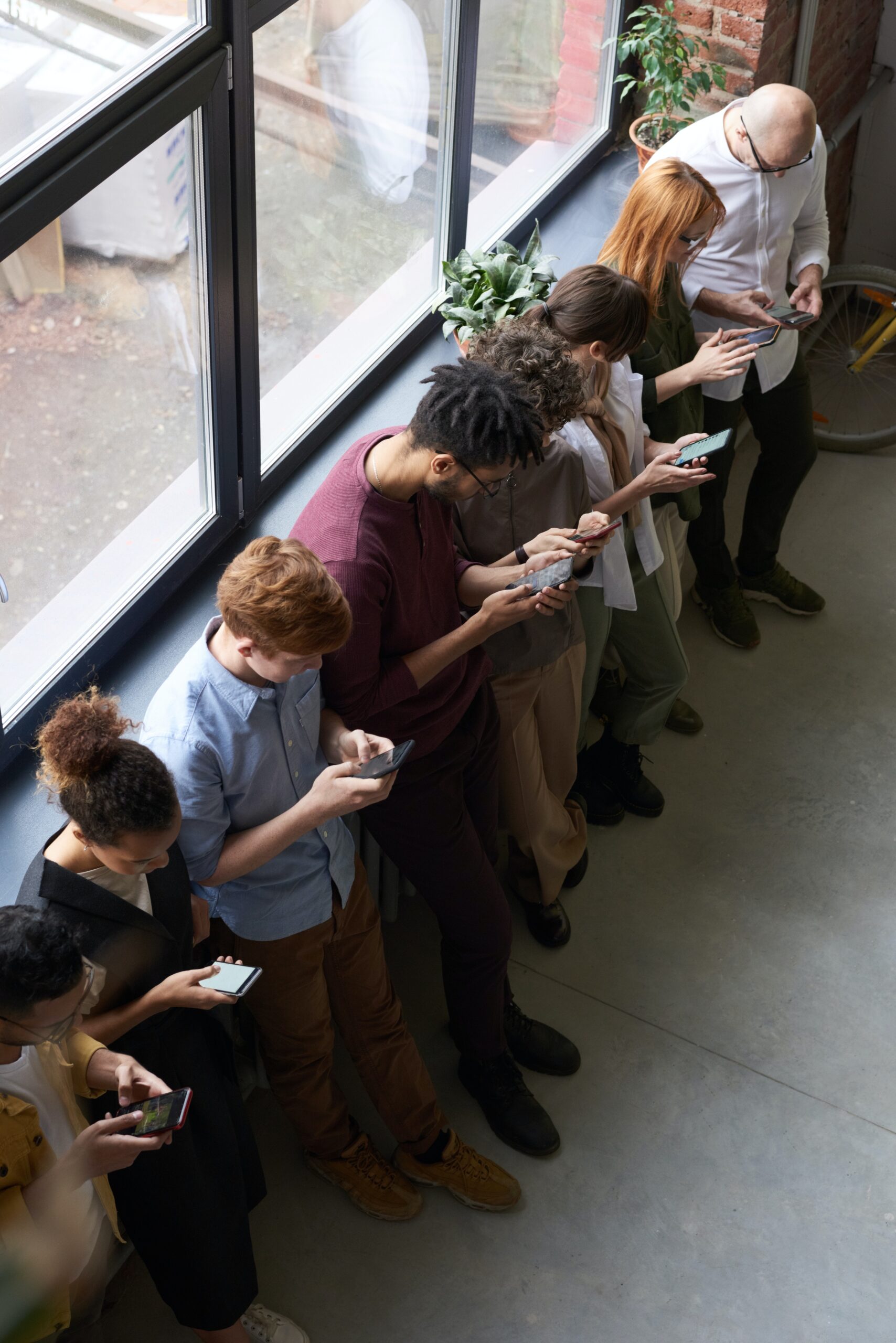Media has a significant impact on society. It can make people aware of events, persons, or possibilities beyond their direct experience. It helps the masses to understand the world beyond their own direct experiences and helps them shape their opinion of the environment into the second-hand reality that characterizes much of the known world. Media can bring attitudinal changes in people’s views about events after exposure to news reports regarding the discrepancy between private attitude and behavior by forcing public morality on people.
The relationship between media and society is mutual. The audience receives what mass media offer and depicts human relationships in their package, their life, and social set up to give the respondents direct experience. Yet the production and distribution of media content are carried out by organizations or groups associated with the communication channels. It is difficult to see how society can operate without the presence of media.The contribution of media to society can be seen in the transition of traditional societies and developing nations to a modern form. Media is essential for a society to prepare, instigate and bind the development of modern society. Studies show a positive association between the magnitude of media development in a country and indices of urbanization, industrialization, per capita income, and literacy. Media helps in disseminating new objects and ideas that engage and activate human capacities and stimulate the development process in a society.
Media has three traditional functions in a society: as a ‘watchman’, as an aid to social decision making, and as a ‘teacher’. Another aspect of media is its effects on its audience. It can foster a sense of prestige and importance among members of a group singled out by media. Apart from bringing positive changes, media is often being charged with stimulating adverse effects such as reinforcing low cultural interest, precluding the development of proper appreciation and understanding of high culture, and failing to act as an educator of public taste.
Positive effects of social media on society:-
1:-Connectivity: Social media allows people to connect with friends, family, and communities worldwide, fostering a sense of belonging and reducing feelings of isolation.
2:-Information sharing: Social media platforms facilitate the dissemination of news, information, and educational content, empowering users with a broader knowledge base.
3:-Networking opportunities: Social media platforms offer a convenient way for individuals and professionals to build and maintain valuable networks, aiding career advancement and collaboration.
4:-Social movements and activism: Social media has been instrumental in mobilizing and amplifying social movements, allowing people to raise awareness and advocate for important causes.
5:-Business promotion: Social media provides businesses with a cost-effective means to advertise, engage with customers, and expand their reach to a broader audience.
6:-Support communities: Social media has created virtual support groups and communities for individuals facing challenges, such as mental health issues or chronic illnesses.
7:-Cultural exchange: Social media fosters cultural exchange by enabling people from diverse backgrounds to share their traditions, customs, and experiences.
Negative effects of social media on society:-
1:-Mental health impact: Increased social comparison, cyberbullying, and fear of missing out can contribute to anxiety, depression, and low self-esteem.
2:-Spread of misinformation: False or misleading information can rapidly spread, leading to confusion, polarization, and undermining trust in credible sources.
3:-Privacy concerns: Personal data can be exploited, leading to potential identity theft and privacy violations.
4:-Decreased face-to-face interactions: Excessive social media use may lead to reduced real-life social interactions, impacting interpersonal skills and relationships.
5:-Addiction and time-wasting: People can become addicted to social media platforms, resulting in reduced productivity and time spent on more meaningful activities.
6:-Political manipulation: Social media can be used to spread propaganda, influence opinions, and polarize societies during elections and other critical events.
7:-Impact on youth: Social media can expose young users to inappropriate content, harmful trends, and online predators.
8:-Sleep disturbances: Excessive use of social media, especially before bedtime, can disrupt sleep patterns and affect overall health.
Guidelines for social media:-
Social media guidelines are a must for all companies that are on social media now. The purpose of social media guidelines is to teach your team how to use social platforms responsibly. Guidelines will turn your team into natural champions of your brand. It prevents that forced feeling many social posts give off. Social media content guidelines shouldn’t be used to police people.
When writing your company’s social media guidelines, you should use two guiding principles: conciseness and providing information. Your guidelines for social media posting should cover these two broad departments: Your brand’s mission statement (not necessarily on social media) and your brand’s purpose on social media.
Here are some general guidelines for appropriate online behavior:
No hate speech
No confidential company info
No profanity
Social media posts should use proper spelling and grammatical conventions (avoid slang)
Emojis are OK in moderation (maximum one per post)
No reposting or sharing content without fact-checking or confirming its original source.
Conclusion:-The media has a huge impact on society in shaping popular opinion. It can manipulate, influence, persuade, and pressure society, sometimes controlling the world in positive and negative ways; mentally, physically, and emotionally. The media has the power to influence the beliefs, attitudes and behaviors of individuals. Increased exposure to media has led to wider economic opportunity and development and wider participation in the political process. Media helps in disseminating new objects and ideas, which engage and activate the human capacities and stimulate the development process in a society.

